Images are still a major contributor to slower website performance - even in 2025.Maximum content drawing (LCP) be Google Core Web Vitals One of the measures of how quickly the largest visible element on a web page (usually an image) is displayed on the screen.
People certainly don't want that outcome:
![Image[1]-2025 Image Optimization Guide: Essential Tips to Improve Website Speed and SEO Rankings](https://www.361sale.com/wp-content/uploads/2025/02/20250220092525828-image.png)
Since images typically take up the most space in the initial viewport, unoptimized or oversized images can significantly delay the rendering of the largest elements. Therefore, if the largest image on the site doesn't load fast enough, theMaximum content drawing (LCP) Indicators get worse.
Prioritizing image optimization is critical to delivering a faster, smoother user experience. In the article, we will explore the latest tools, techniques to help you optimize your images effectively.
![Image[2]-2025 Image Optimization Guide: Essential Tips to Improve Website Speed and SEO Ranking](https://www.361sale.com/wp-content/uploads/2025/02/20250220104250589-image.png)
Why Image Optimization Matters
Faster loading speeds
Large, unoptimized images are what cause websites to slow downThe main reason for this. By compressing and resizing images, you can significantly improve page load speed.
Enhancing the user experience
The faster your website loads, the smoother the visitor's experience will be, helping to reduce bounce rates and ultimately increase conversions.
Better Core Web Vitals score
One of the metrics Google uses to evaluate the performance of a website is Maximum content drawing (LCP), and optimizing images can help a website get a higher rating.
higher SEO rankings
Search engines prefer websites that load quickly, so optimizing images can indirectly improve your website's ranking on search results pages (SERPs).
Understanding Image Optimization
Image optimization is the process ofMinimal impact on visual qualitypresent situationReduction of file sizeTheFinding that balance is critical, it ensures that the images are clear while keeping the site loading fast.
Modern Image Formats(e.g. WebP respond in singing AVIF) has superior compression performance compared to traditional formats and can be used in theNo loss of qualityThe loading time is dramatically reduced in the case of
You can refer to the articleTheUltra-detailed Nanny Level Tutorial: WebP Image Conversion in WordPress to Speed Up Your SiteThe
1. Choose the right image format
When saving a picture, theChoosing the right format is crucial::
![Image[3]-2025 Image Optimization Guide: essential tips to improve website speed and SEO rankings](https://www.361sale.com/wp-content/uploads/2025/02/20250220101048937-image.png)
Uses of different image formats
- JPEG
For photos and images with complex color gradients in theBetween quality and file sizeAchieve a good balance. - PNG
Ideal for applications that requireTransparent backgroundor clear line images, but the files are usually much smaller than JPEG greaterThe - GIF
pertainSimple animationBut for static images, the GIF'sLimited color range, and it's not ideal. - WebP
Both JPEG and PNG high compression ratiofeatures, while the file sizesmallerThe - AVIF
haveExcellent compression and higher quality, which is currently supported by several browsers (Recommended).
Optimal usage scenarios for different formats
- JPEG: Photos, blog post graphics
- PNG: Logos, icons, images that require transparent backgrounds
- GIF: Simple animated images
- WebP / AVIF: use as much as possible.Friendly to website performance
2. Resizing pictures
![Image[4]-2025 Image Optimization Guide: Essential Tips to Improve Website Speed and SEO Rankings](https://www.361sale.com/wp-content/uploads/2025/02/20250220101355378-image.png)
Oversized imagescan dramatically slow down the loading speed of a website. For those who use Elementor constructed websites, which should be selected according to the different regionsSuitable image size::
- Banner / Rotating Large Image: should match the website banner or hero area of theMaximum display widthThe
- thumbnail: UseMinimal but still clearsize to minimize the loading burden.
Tools for resizing images
- Adobe Photoshop: industry-standard tools that providePrecise controlThe
- Online Tools::Canva, FotorIt is suitable for quick resizing.
- WordPress Plugin::Image Optimizer mayAutomatically presses the set maximum sizeResize the picture.
3. Compression of images
Image Compressionunnecessary data can be removed.Reduction of file size. There are two main types of compression:
- Lossy Compression
By discarding part of the visual dataSignificantly reduce file size, which applies to web images. - Lossless Compression
Retain all visual data, butLess compression, suitable for printing or designing documents.
Automated Optimization with Image Optimizer
An efficient way to do this is to use the Image Optimizer plugin to automatically optimize images, it offers the following features:
- batch optimization: One-click compression of all images in the media library, especially forLarge number of images that have never been optimizedThe
- Automatic optimization during upload: plugin every time you upload an imageautomatic compressionNo manual processing is required.
- Fully automated optimization: After the configuration is complete, the plugin will be available in the backendContinuous optimization of newly uploaded imagesTo keep the sitebest performanceat the same timeNo impact on visual qualityThe
With the help of these features, theImage Optimizer effectiveReduction of file size(math.) genusImprove website loading speedWhile making sure the picture is still clearly visible.
4. Use responsive images
Depending on the equipment used for visitorsProvide pictures in different sizesIt's okay.Improve loading speed and optimize performanceIn the HTML, the srcset respond in singing sizes attribute allows the browser toAutomatic selection of the most suitable imagesThe
Sample code:
<img
src="image-small.jpg"
srcset="image-large.jpg 1024w, image-medium.jpg 640w"
sizes="(max-width: 1024px) 100vw, 50vw"
alt="Description"
/>Optimizing Responsive Images in Elementor
in use Elementor When building a website, it is possible to build theSet custom image sizes directly in the editorTo ensure that it is loaded on different devicesSuitable pictures, optimizing the user experience.
5. Enabling Lazy Loading
lazy loading (computing)possibleDelayed loading of images, until they enter the user'sviewing areawhich reduces the initial loading time of the page.
How do I enable lazy loading?
- Native HTML lazy loading: in
<img>Tagged withloading="lazy"
<img src="example.jpg" loading="lazy" alt="Example pictures">Elementor Widget Lazy Loading::
- Several Elementor widgets support lazy loading, for example Image Carousel (Image Carousel) Widgets offer lazy loading options to make imagesLoad only when about to be displayed, improving page performance.
6. Optimization of image metadata (Metadata)
photographicmetadata(filename, Alt text, Title attribute, etc.) For the SEO and AccessibilityVital:
- Optimize file names: Avoid meaningless names (e.g.
IMG001.jpg), switching toDescriptive name, for example:
✅red-rose-garden.jpg(Red Rose Garden) - Alt Text (alternative text): ProvidedImage Content DescriptionIt helps toSearch Engines Understand ImagesIt also facilitatesScreen readers for visually impaired usersThe
- Title attribute(Optional): When the userhoverWhen on a picture, provide additionalcontextual informationThe
reach a verdict
Image optimization will remain one of the key steps to improving website performance and user experience in 2025. pass (a bill or inspection etc)Choose the right file format, resize images, enable lazy loadingIt's okay.Immediately increase site speed and improve user engagementThe
Link to this article:https://www.361sale.com/en/33693
The article is copyrighted and must be reproduced with attribution.



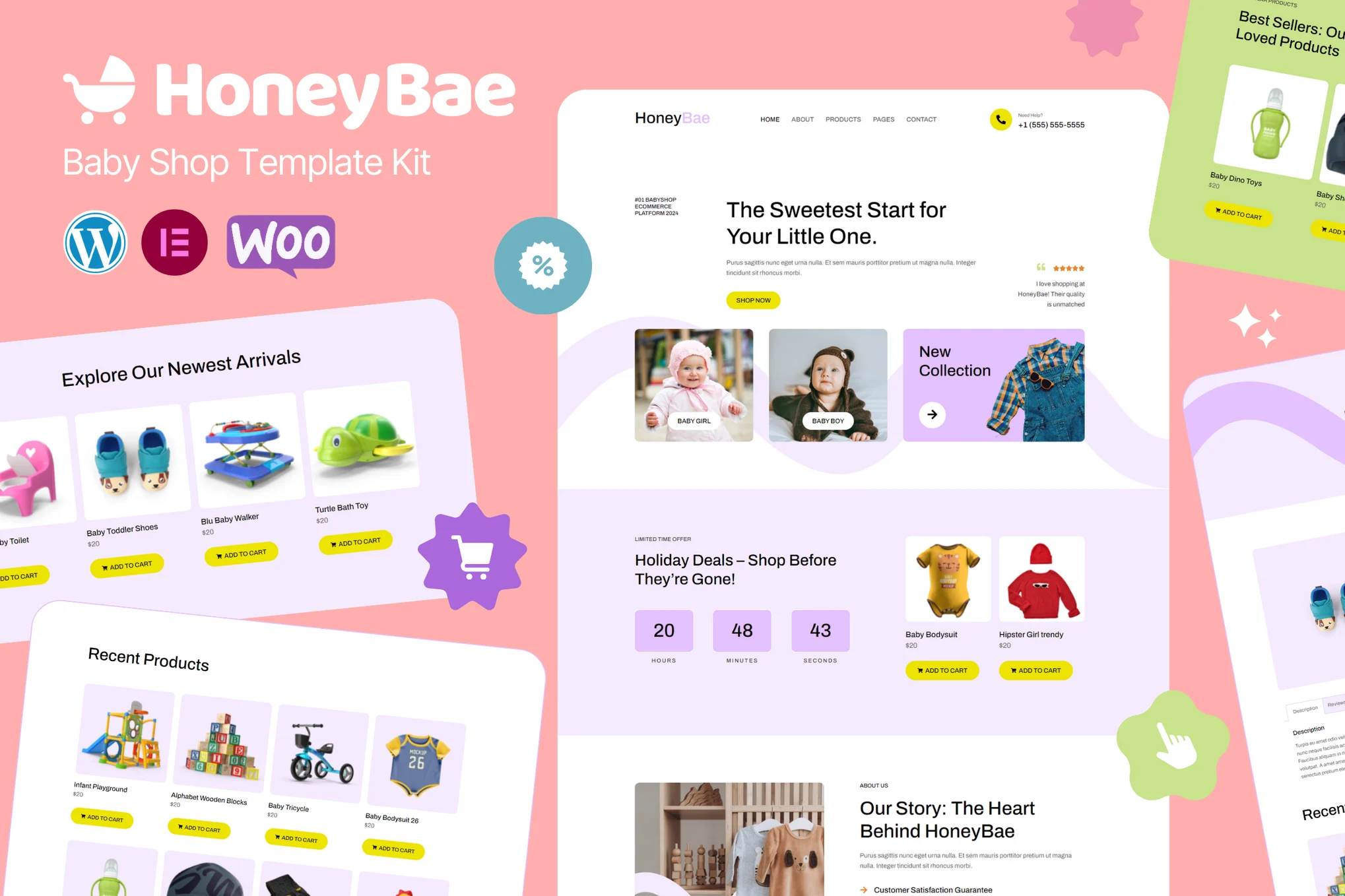

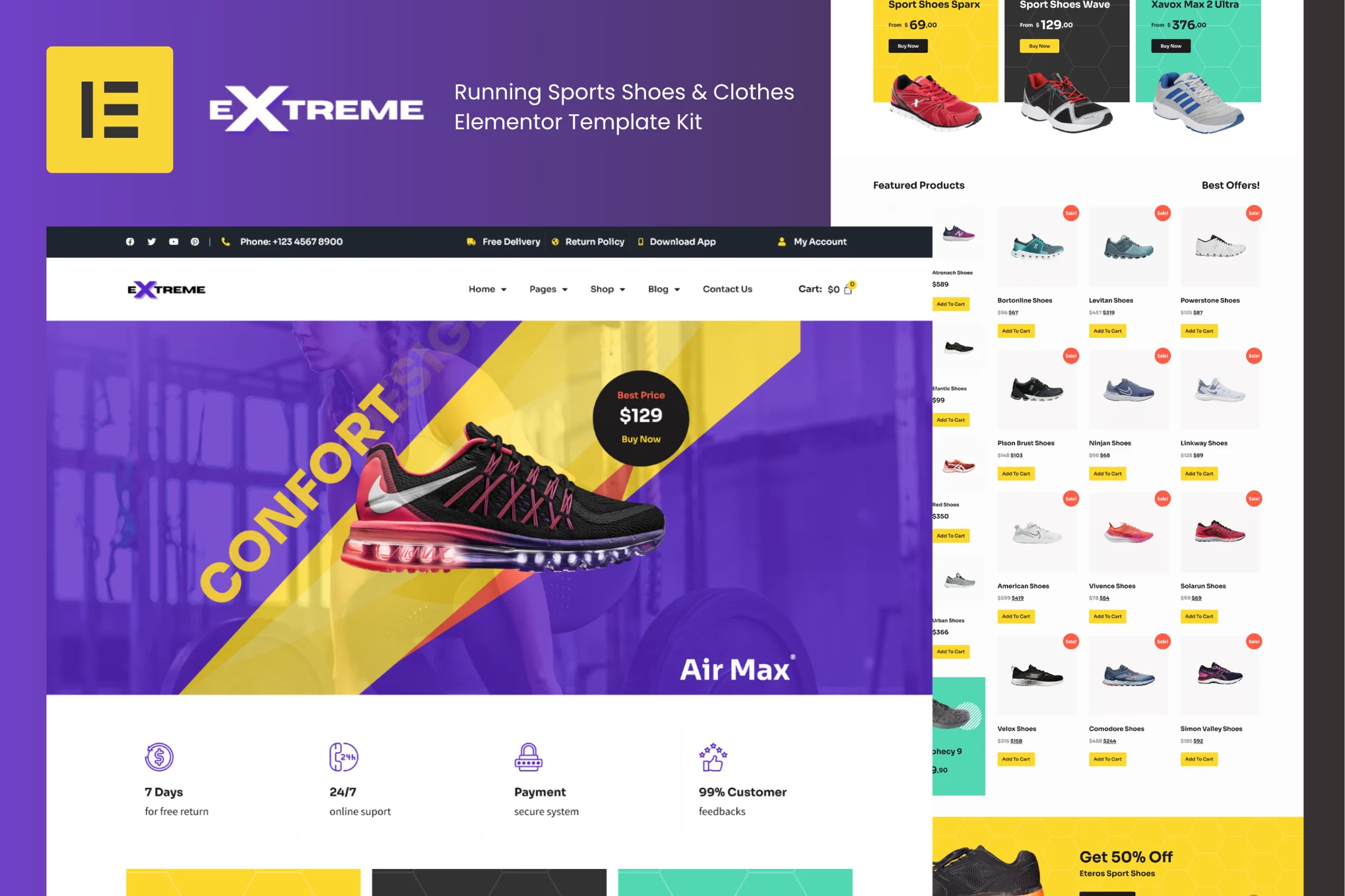

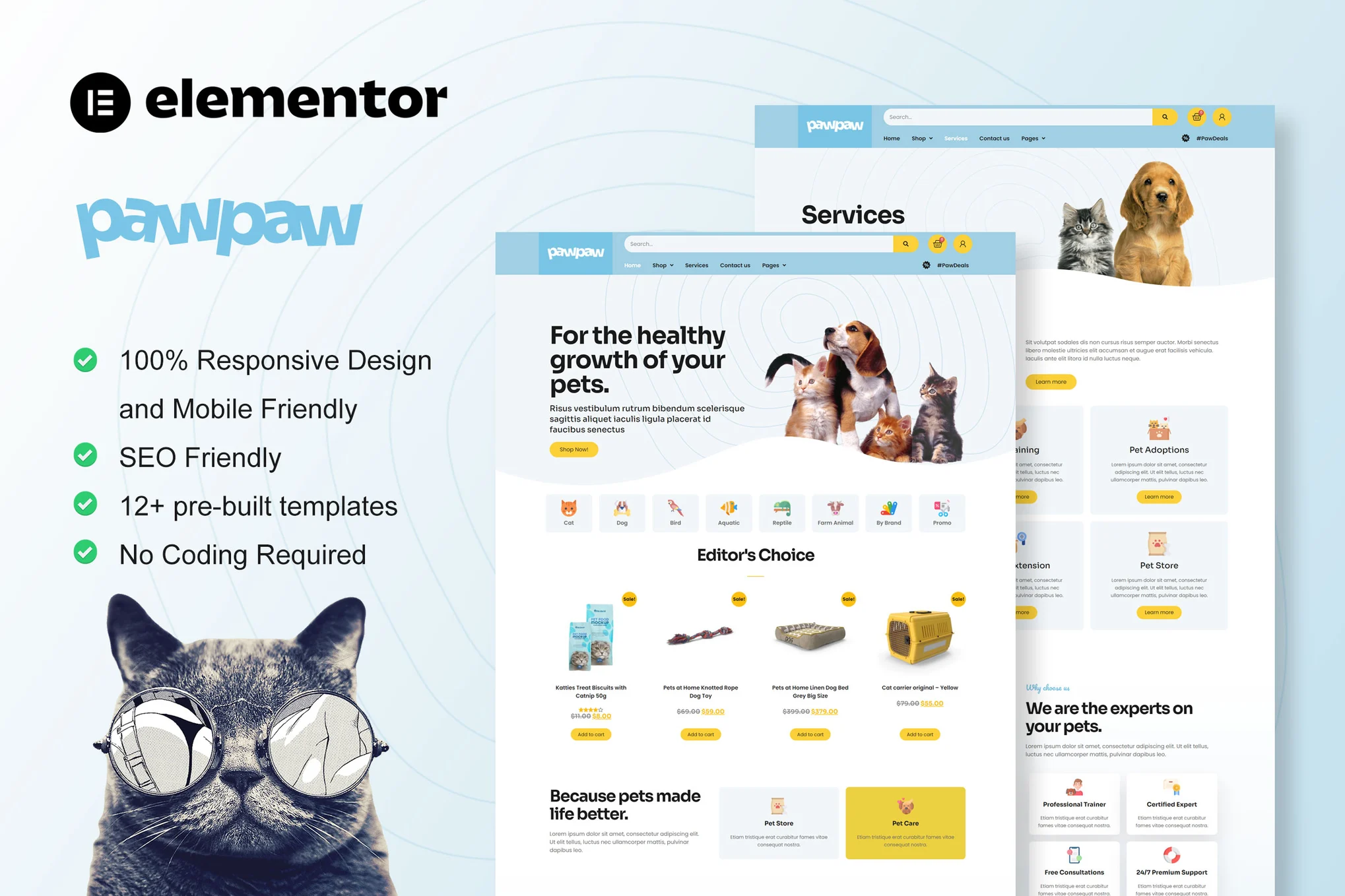
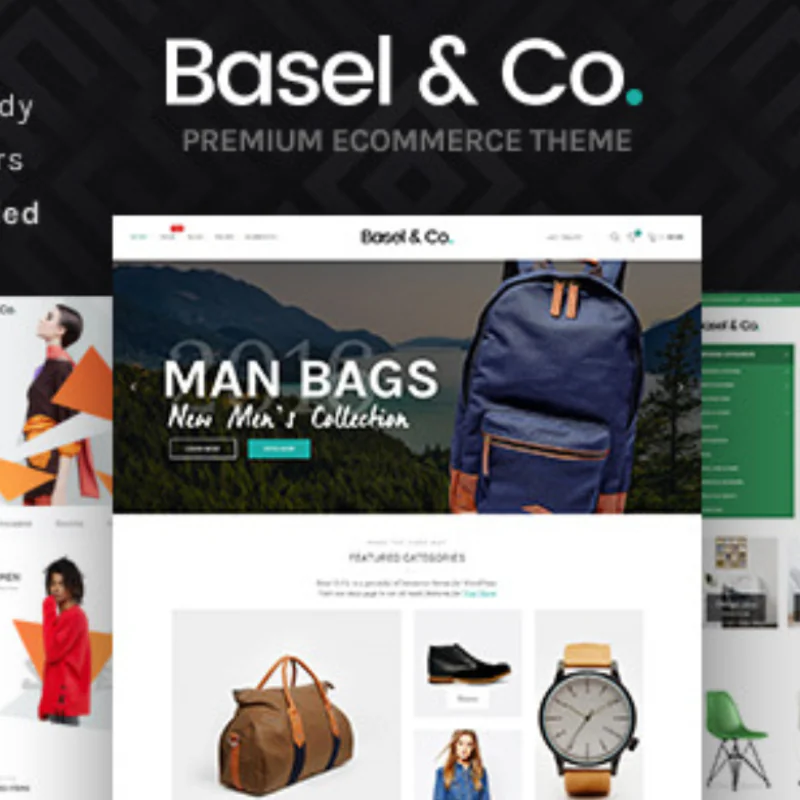

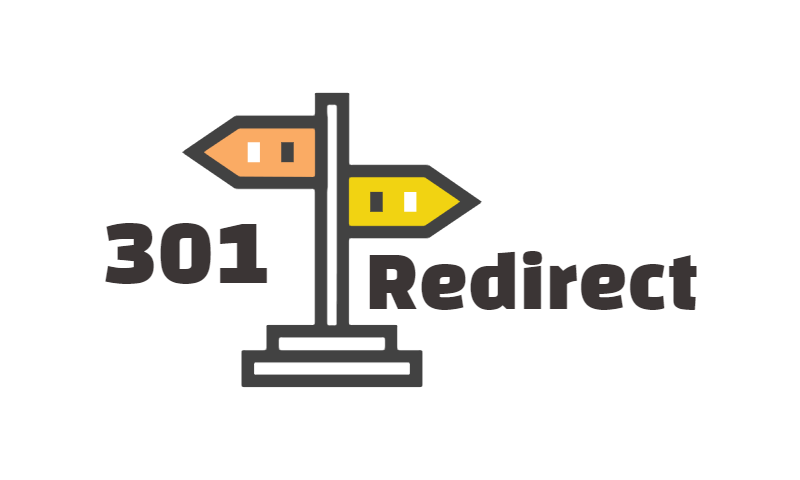
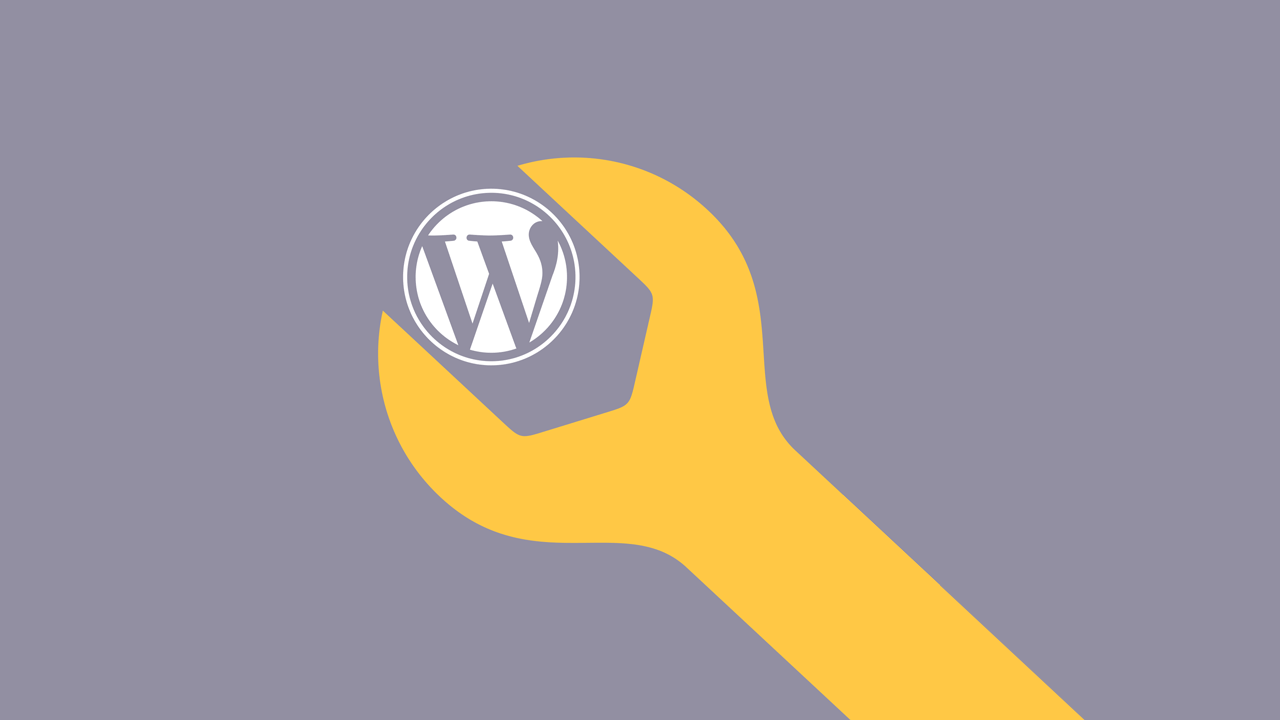


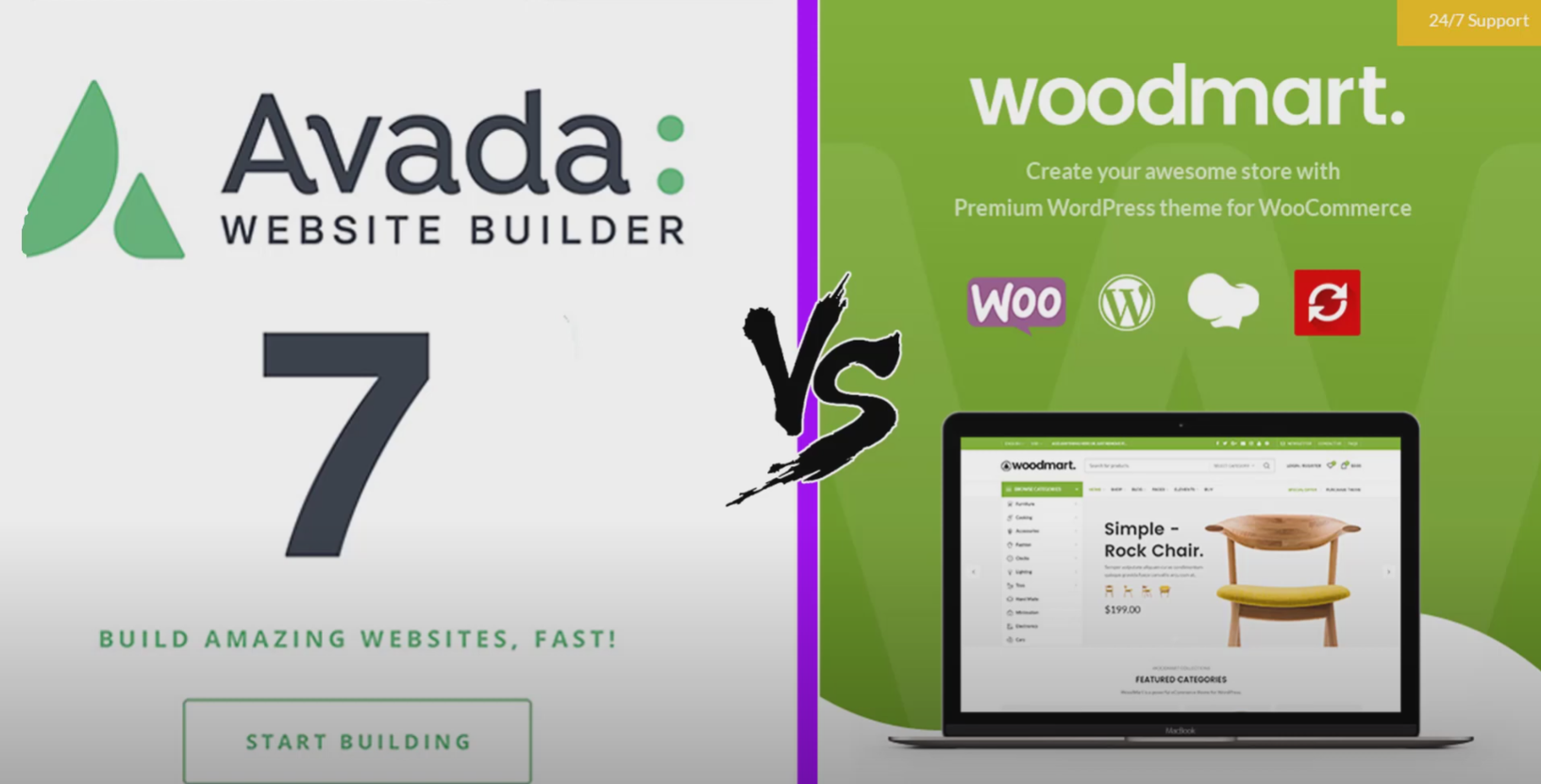

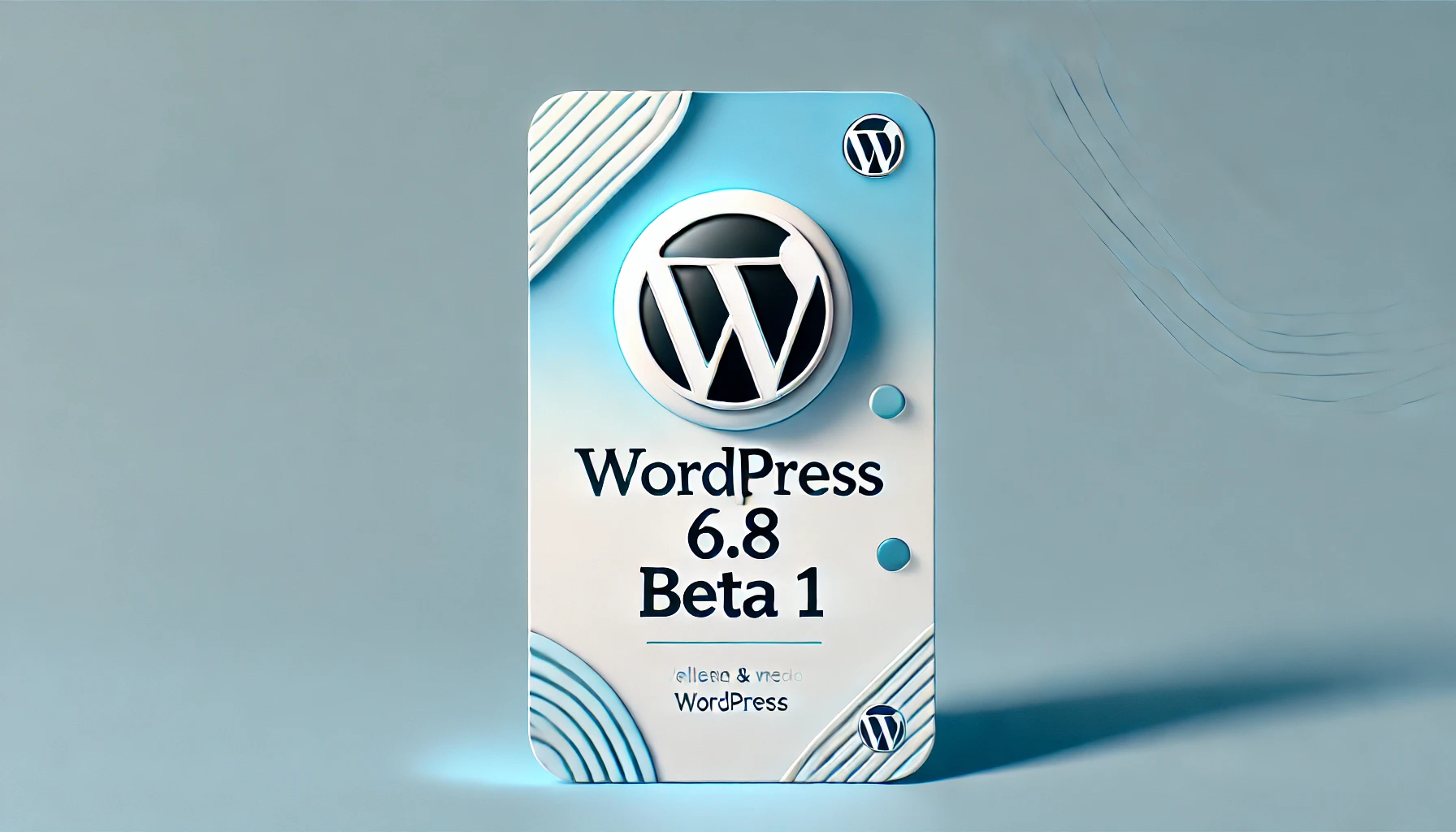

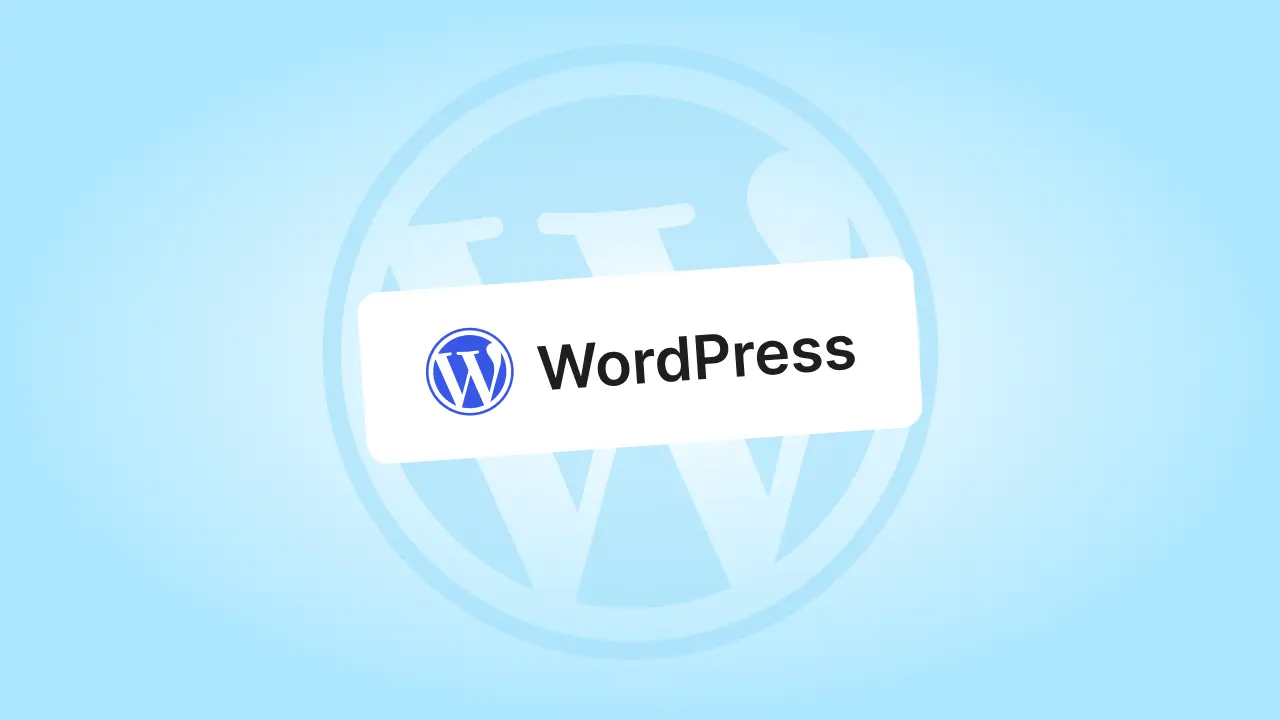
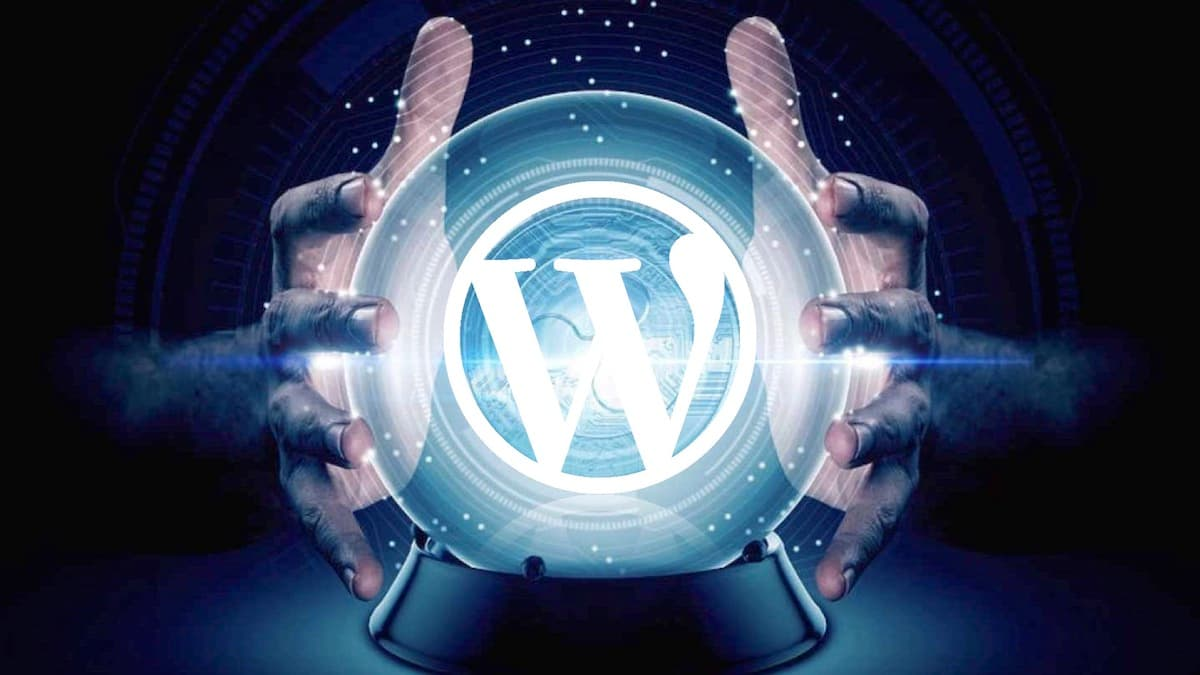




![Emoji[lenghan]-Photonflux.com | Professional WordPress Repair Service, Worldwide, Fast Response](https://www.361sale.com/wp-content/themes/zibll/img/smilies/lenghan.gif)







No comments